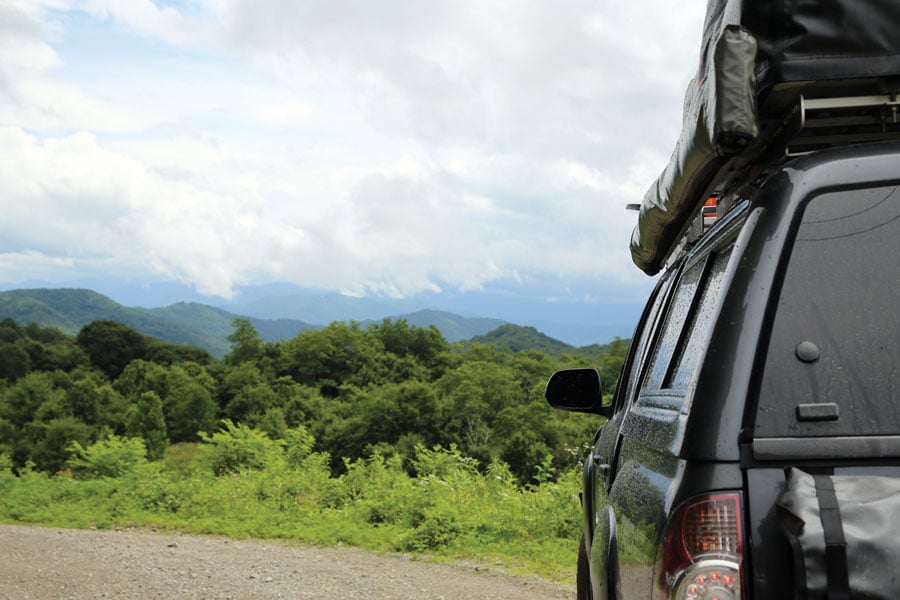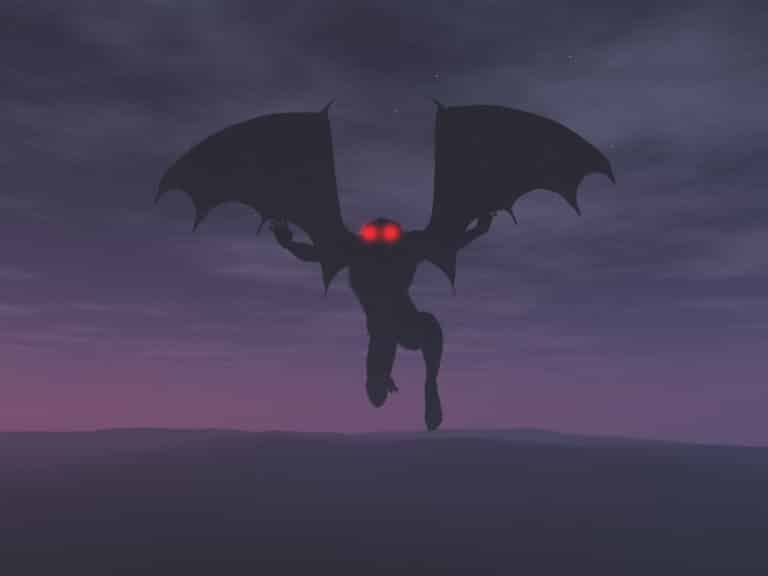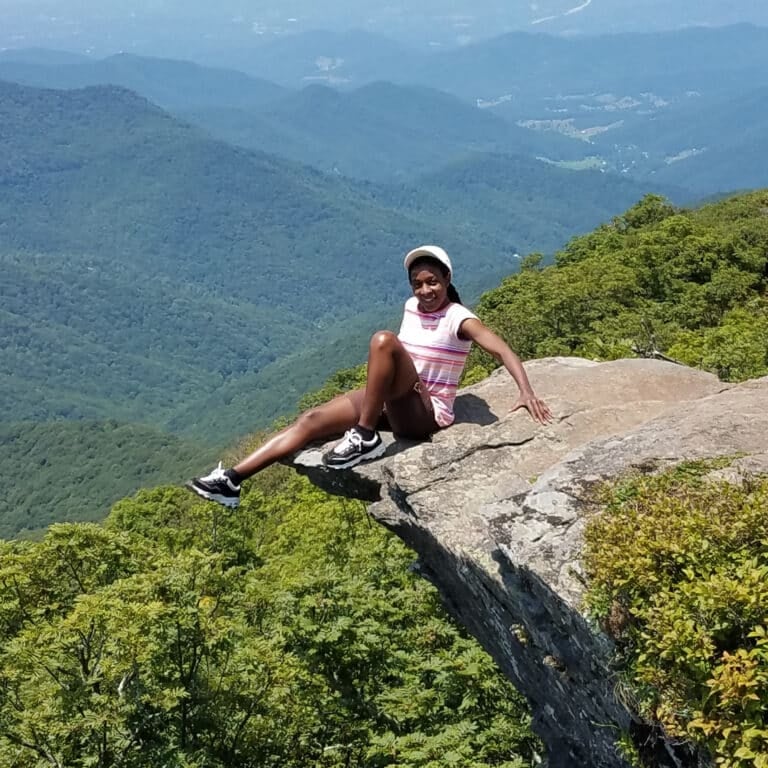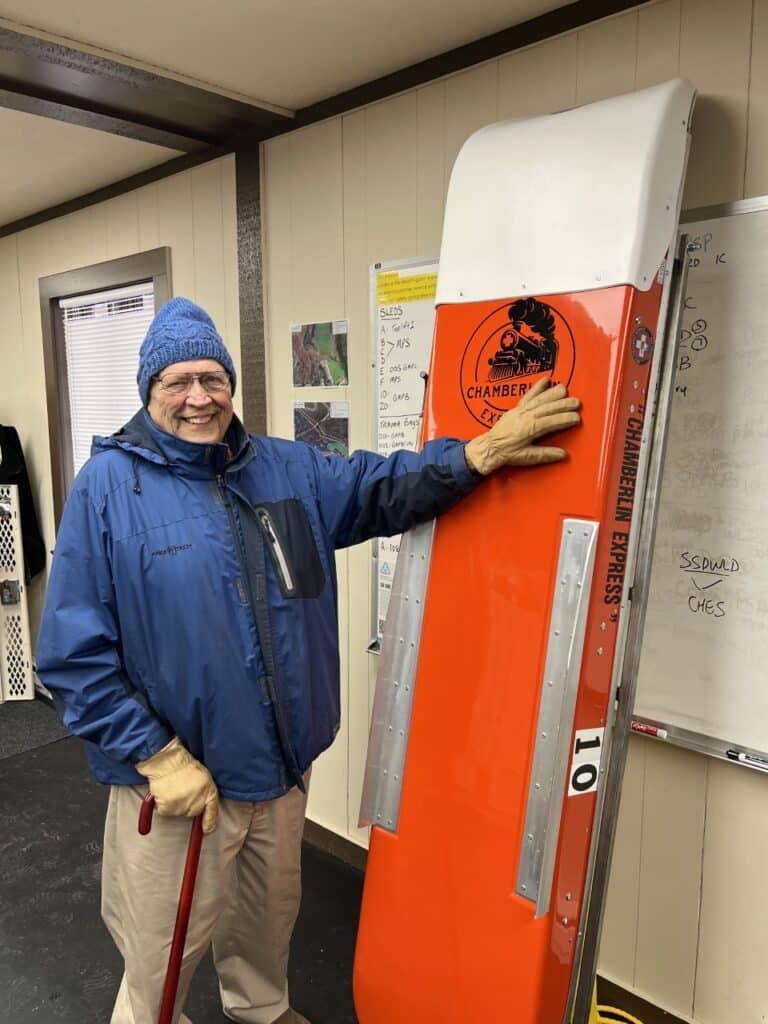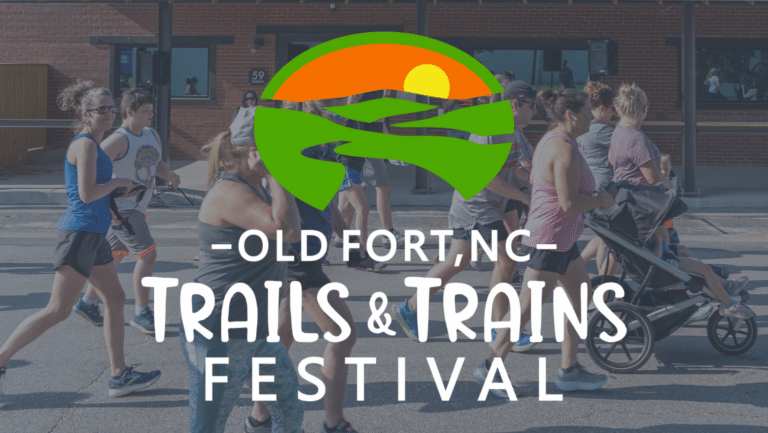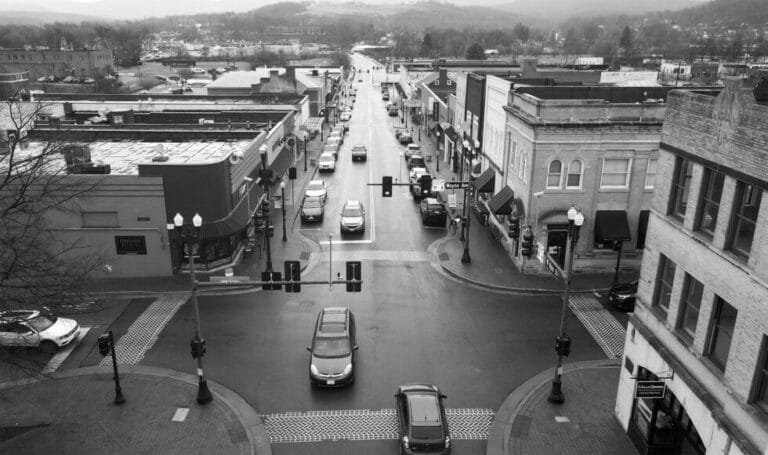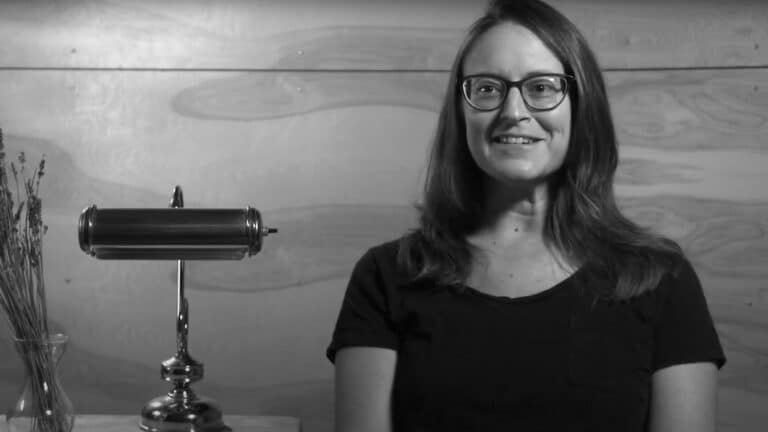Last summer, Mountain State Overland stopped by Judaculla Rock, creating a geographic link between the ancient and modern.
The adventuring filmmakers of Mountain State Overland are mapping their own version of Appalachia in a thoroughly modern fashion using GPS technology, up-fitted four-wheel-drive vehicles and digital video.
The group is part of the latest revival of overlanding—a trend that really never went away. Consider overlanding a high-tech, revved-up version of car camping, albeit one that allows access to areas that few get to see.
Overlanding started in the early 1900s with Australian livestock herders traveling long distances to market. The newest wave of overlanders mixes tech savvy with a sense of social responsibility, frequently labeling social media posts with #explore and #protect hashtags. Think Ed Abbey exploring the Maze in Canyonlands—except with sponsorships, digital cameras, a photo drone and a commitment to packing out his beer cans.
Mountain State Overlanding began as a group of college buddies taking trips during breaks from West Virginia University. Jason Specht, a former Boy Scout who’d picked up professional video experience shooting a Roanoke-based television show, started bringing his video gear on trips to sustainable community Bethlehem Farm and cross country ski destination White Grass, staging interviews along the way.
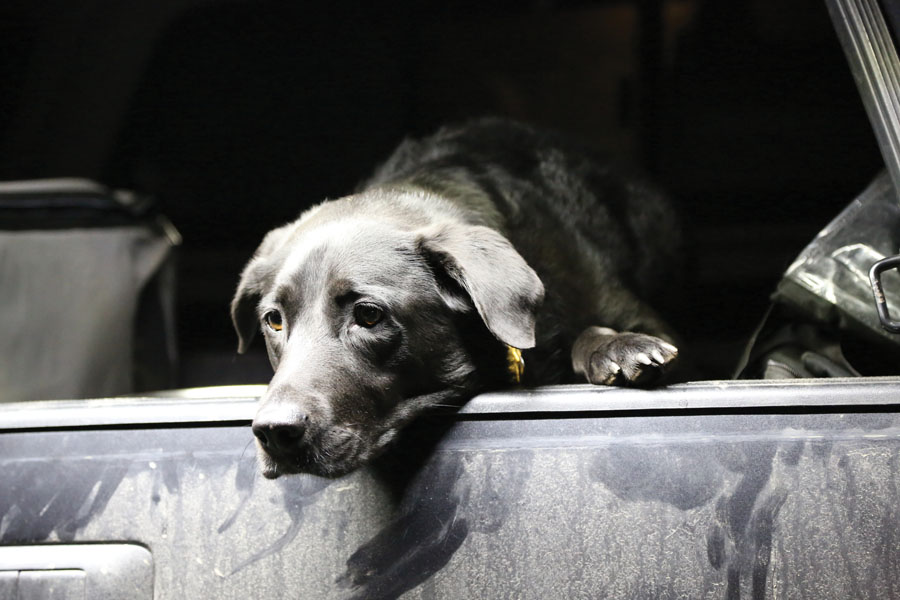
In January 2014, when Freedom Industries spilled 7,500 gallons of a coal-washing chemical into the Elk River, affecting the water of 300,000 people in nine counties, Mountain State Overland filled their rigs with bottled water, drove to Charleston, W.Va., and filmed what they saw, which included dogs sick from drinking the polluted water at an animal shelter and firemen providing drinkable water to residents.
The next few trips marked the group’s transition to off-road overlanding. It still based trips around interviews often tied to sustainability, but the focus shifted to exploration. Specht, a Mountain State Overland co-founder who planned the trips, built GPS routes from a combination of his own experiences and online mapping software.
Memories and maps don’t always accurately represent what’s out there, and so Mountain State Overland’s expeditions have occasionally played out as frustrating exercises in ground-truthing. More than once the group has come upon a locked Forest Service gate, forcing it to throw away its pre-mapped route and improvise.
“The adrenaline of exploring new terrain and not knowing what’s around the next turn is probably what gets me going the most,” said team member Jeremy Styles. “‘Can I back out of here if I have too?’ is definitely something that I think about pretty often on some of these hardly used trails we find.”
Sometimes the weather affects the itinerary. When it gets really bad, they throw up a tarp that keeps them dry and break out the cooking equipment.
“I try to always look for the lighter side of any situation,” Specht said about such moments. “If a gate’s closed, I go into re-route mode. If a truck’s stuck, it’s disaster recovery. If it’s team drama, I dial it back and try to understand everyone’s feelings. But generally that’s part of the adventure. The adventure is not the destination; it’s everything that happens getting you there.”
Last year’s overlanding adventure followed a 2000-mile route through coal country. The coalfields in the southern part of West Virginia have become a mecca for off-road adventuring. The Hatfield & McCoy ATV & UTV Trails—named for one of the many family feuds that bloodied West Virginia long after the Civil War ended—is a year-round destination for off-roaders, and it’s not uncommon to spot outfitters leading packs of ATVs on backroads.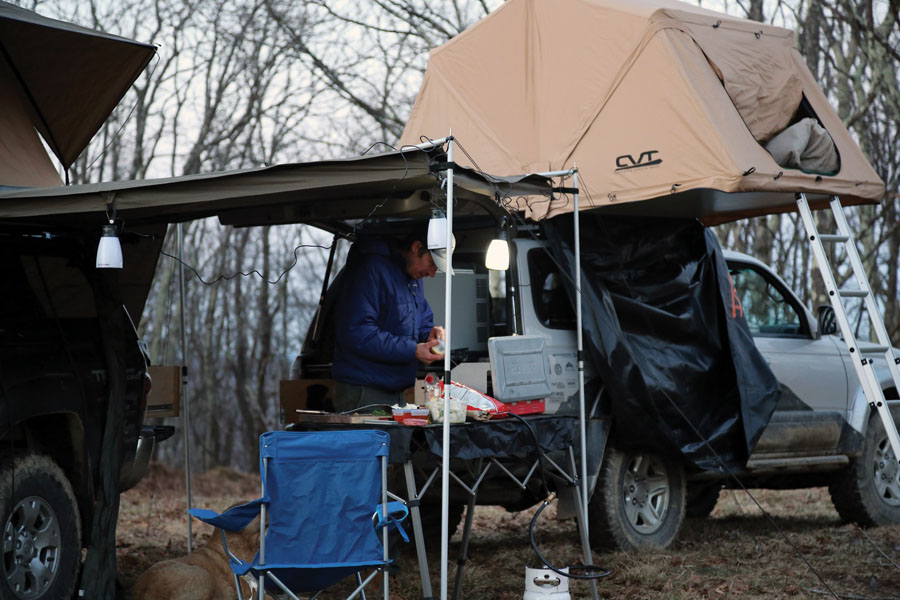 Sure, Mountain State Overland wants you to like its photos on Instagram and watch its web series on YouTube. But all of that carries a more fundamental message: “Let’s get out and start enjoying Appalachia.”
Sure, Mountain State Overland wants you to like its photos on Instagram and watch its web series on YouTube. But all of that carries a more fundamental message: “Let’s get out and start enjoying Appalachia.”
Watching the footage from the comfort of your living room or office, you don’t smell the sweat or campfire smoke. You don’t get the full experience of an afternoon of mud hole after mud hole, or a relentless rain that pelts already unstable trails. Yet, you also miss the feeling watching the sun break through rain clouds after all that, and the camaraderie sitting around a campfire, and the thrill of exploring new places.
